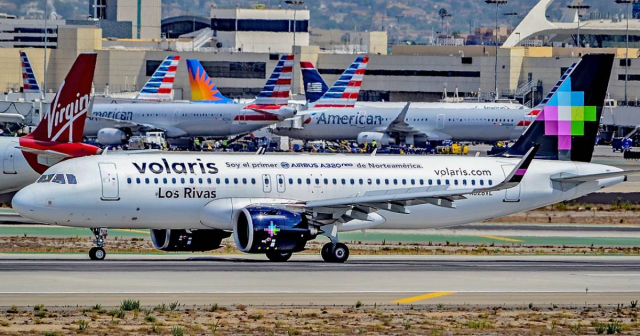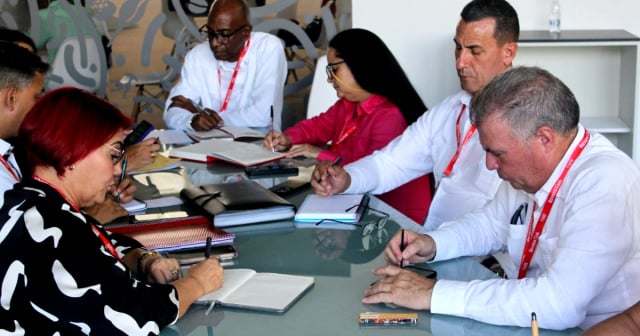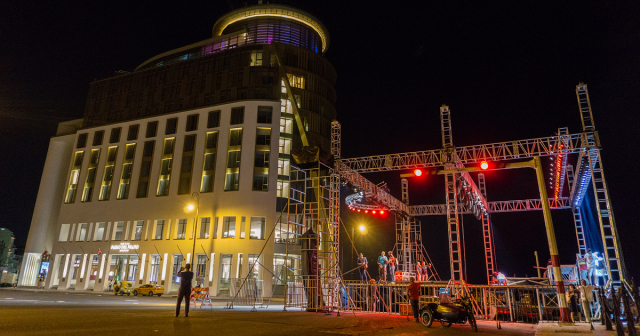Following a recent bilateral agreement between Singapore and Cuba, Cubans can now enter the Asian country without a visa, allowing for a stay of up to 30 days. This opens a new opportunity to one of the most prosperous and expensive tourist and business destinations in the world.
The measure was announced at the end of October during ITB Asia 2024, the most important B2B fair for the travel industry in the Asia-Pacific region, in which Cuba participated for the first time.
The Cuban delegation at the fair, led by the representative of the Ministry of Tourism for Asia and Oceania, Elizabeth Vela Jaime, aims to promote Cuban tourism and establish relationships with companies and travel agencies in the region.
This effort aligns with the recent air services agreement between Singapore and Cuba, which allows for unlimited capacity, frequency, or route travel, paving the way for potential future direct flights between the two nations.

Singapore: An attractive yet expensive destination
Some people may believe that Singapore represents a "unique opportunity" for Cubans to explore a center of innovation and technology in Asia, or to engage in "shopping tourism," which is one of the most appealing attractions for Latin American visitors; however, the reality is different.
The high cost of living in the country can be a challenge for travelers to the island. Singapore consistently ranks among the top positions in the indexes of the most expensive cities in the world, with high prices for accommodation, transportation, and food.
This new visa-free access facilitates temporary visits, but for residency or work, Cubans would need to meet Singapore's strict immigration requirements, which include work visas such as the Employment Pass or the S Pass, required for skilled professionals and technical workers, respectively.
That country offers the EntrePass, designed for those looking to establish businesses in sectors aligned with Singapore's needs, such as technology and scientific development. However, it requires significant investment, which most Cuban entrepreneurs cannot afford.
Flights for Cubans without a visa in Singapore: Opportunities and Limitations
The air services agreement could enhance connectivity between both nations, reducing the need for lengthy and costly layovers on flights that typically route through Europe or the Middle East.
Singapore is, for the regime, the entry point to the Asian market. Cubans planning business or studies in Asia could benefit from greater accessibility to Southeast Asia.
However, despite the new opportunities to visit Singapore, establishing permanent residence remains complicated due to immigration policies and the lack of an asylum system for refugees.
Singapore is not a signatory to the Convention on the Status of Refugees, and although it collaborates with international organizations, it does not offer residency programs for this purpose.
Cubans, pay attention to this matter if you are going to Singapore:
Civic laws in Singapore are known for their extreme rigidity and have been key in building a highly orderly and disciplined society.
There are detailed regulations that cover everything from the cleaning of public spaces to conduct in shared areas. Violations can result in severe fines and even criminal penalties.
Littering in the street, eating or drinking on public transport, and not flushing toilets in bathrooms are considered illegal acts punishable by fines. Chewing gum is prohibited except for specific medical cases, and graffiti or acts of vandalism are penalized with imprisonment and physical punishments, such as whipping.
This strict approach aims to maintain social harmony and ensure a high quality of life in a limited urban space. Singapore also implements a "zero tolerance" policy toward drug consumption and trafficking, with penalties ranging from long prison sentences to the death penalty in severe cases.
The culture of Singapore values discipline, adherence to the law, and respect for public order, which contrasts with the customs of more laid-back societies in terms of civic norms.
Those coming from less rigid cultural backgrounds, such as the case of Cubans, may find it challenging to adapt to these laws and the regulated lifestyle, and it can lead to serious problems if they do not behave appropriately in public spaces.
What do you think?
COMMENTFiled under:






